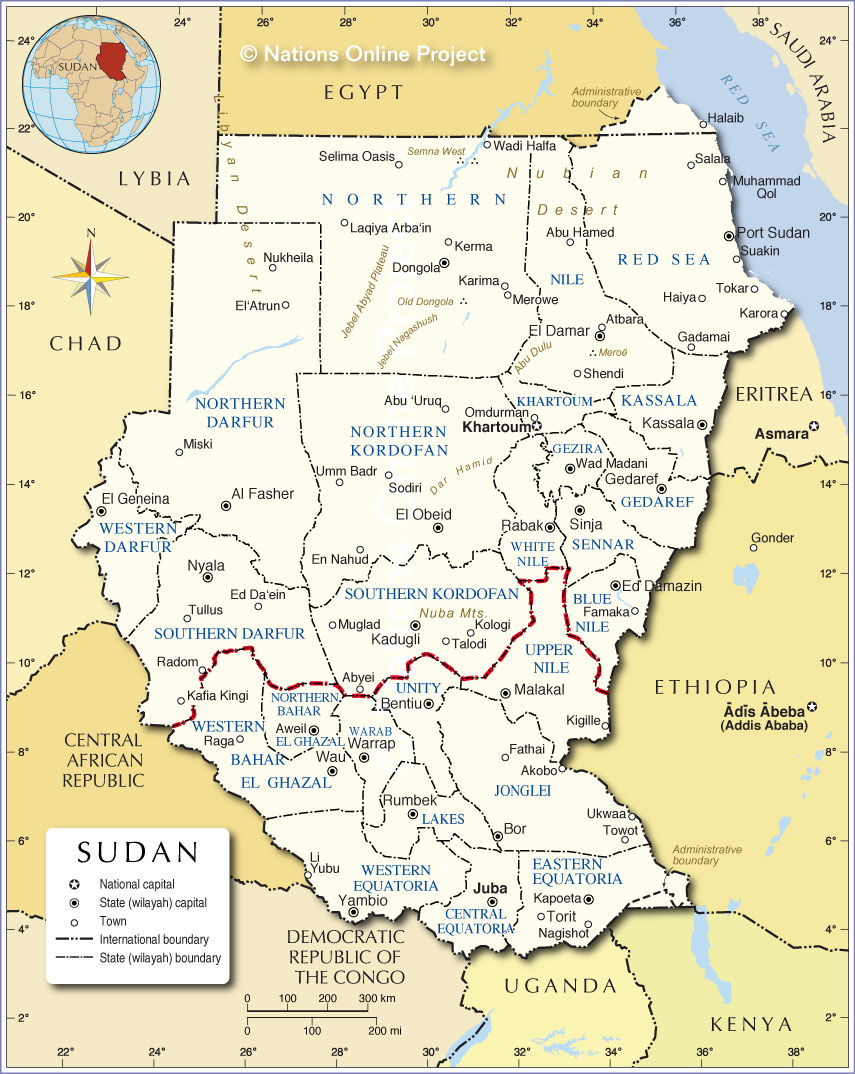As the title. Given any PoD between 1945 and today, how could the United Nations be made more effective? Because this is likely to be misunderstood, by more effective I don't mean more powerful; that is things such as "oh, they have a standing army" or "oh, there's no veto power" are outside the bounds of this question. What I am asking for instead are ways in which the United Nations could do more or less what it did IOTL but...better. To provide a concrete example, I am asking how, for example, the United Nations might better implement such missions as the peacekeeping mission in Haiti (that led to a cholera outbreak that killed many Haitians), not how it could intervene in the Vietnam War despite multiple members of the Security Council not wanting such an intervention.
To kick things off, my suggestion is a fairly subtle change to the Charter that simplifies and clarifies the UN's structure. Specifically, I suggest that the Charter take a page from constitutions (or, if that's too explosive, corporate charters) and be more explicitly three-branch in structure, instead of having six "organs". It's not, of course, that ECOSOC or the Security Council would be going away, but they would be positioned more explicitly as committees of the General Assembly with particular constitutional structures (as opposed to separate entities). More importantly, the Secretary-General would be more explicitly positioned as the chief executive of the United Nations, responsible for keeping its programs running smoothly on a day-to-day level. This would hopefully clear up a lot of the internal bureaucracy of the UN by making it clear that the committees have oversight power, but aren't responsible for actually running individual agencies, as well as reducing redundancy by more explicitly laying out who does what. Ideally, this would help the UN run just that little bit smoother in all sorts of areas.
How well do you think that would work? What suggestions do you have?
To kick things off, my suggestion is a fairly subtle change to the Charter that simplifies and clarifies the UN's structure. Specifically, I suggest that the Charter take a page from constitutions (or, if that's too explosive, corporate charters) and be more explicitly three-branch in structure, instead of having six "organs". It's not, of course, that ECOSOC or the Security Council would be going away, but they would be positioned more explicitly as committees of the General Assembly with particular constitutional structures (as opposed to separate entities). More importantly, the Secretary-General would be more explicitly positioned as the chief executive of the United Nations, responsible for keeping its programs running smoothly on a day-to-day level. This would hopefully clear up a lot of the internal bureaucracy of the UN by making it clear that the committees have oversight power, but aren't responsible for actually running individual agencies, as well as reducing redundancy by more explicitly laying out who does what. Ideally, this would help the UN run just that little bit smoother in all sorts of areas.
How well do you think that would work? What suggestions do you have?
